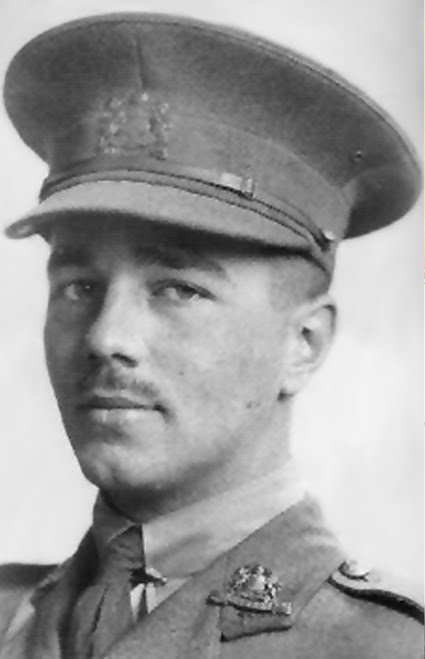Wilfred Owen

Born Oswestry, Shropshire. Educated at Birkenhead Institute and Shrewsbury Technical College.
Decides he would like to be a poet. Begins writing poetry, heavily influenced by the Romantics and the Bible.
Becomes a lay assistant to the vicar of Dunsden near Reading. He teaches Bible classes, leads prayer meetings, and visits parishioners. He eventually sours on the church because of its rituals and its lack of aid for those in need.
Attends classes at the University of Reading, in botany.
Works as a private tutor teaching English and French at the Berlitz School of Languages in Bordeaux, France.
21 October: WO enlists in the Artists' Rifles Officers' Training Corps.
4 June: WO is commissioned as a second lieutenant (on probation) in The Manchester Regiment.
29 December: Shipped out to France.
January-April: Spends four months "on the line." Tells his mother: I can see no excuse for deceiving you about these 4 days. I have suffered seventh hell. I have not been at the front. I have been in front of it."
April: WO blown high into the air by a trench mortar, landing in the remains of a fellow officer. Soon after, he becomes trapped for days in an old German dugout.
2 May: Returns home, diagnosed as suffering from shell-shock and thus "unfit to lead troops."
June: Arrives at Craiglockhart Hospital, just outside Edinburgh, in Scotland, for treatment. Meets and works with Sigfried Sassoon there.
November: Returns to his regiment.
April: Returns to the France.
September: Returns to the Front.
October: Awarded the Military Cross for bravery.
4 November: Killed by an enemy sniper.
11 November: Armistice; cessastion of hostilities.
Nor is it about deeds, or lands, nor anything about glory,
honour, might, majesty, dominion, or power, except War.
Above all I am not concerned with Poetry.
My subject is War, and the pity of War.
The Poetry is in the pity.
Yet these elegies are to this generation in no sense consolatory.
They may be to the next. All a poet can do today is warn. That is why the true Poets must be truthful.